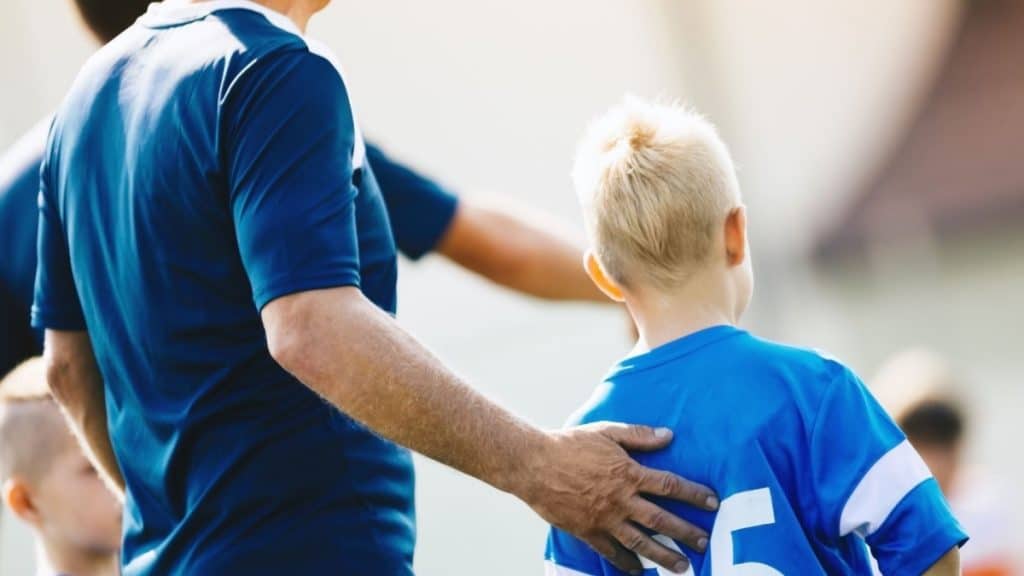Those working with athletes, such as coaches, agents, managers, and others, can support the warriors on the field of play through the pressures of skills acquisition, seemingly endless practice, and intense competition. They can devote their efforts to teaching skills such as visualization, goal acquisition, and self-talk that have been proven to aid in achieving peak performance.
How do we cultivate peak performance in others?
Some say life is the athletic court of battle. No, it’s not precisely accurate, but it is an important part. It is the part where you show up, lace up, and perform as you train, whether in the mood or not, using the best of your training, abilities, and talents to achieve your goals. For example, we can look at professional coach, manager, and CEO Vince McMahon and his impact on those he interacts with.
Professional coaches’ strategies to help athletes develop mental toughness aren’t confined to sports. They do this through techniques that enhance everyday practice and competition in sports, interpersonal activities, and responsibilities off and on the court because these practical tools can be applied in everyday contexts, from achieving personal goals to climbing the career ladder. Their versatility empowers us to use these strategies in various aspects of our lives, helping us to feel capable and in control. Because every day, and in many ways — we face challenges. That said, it’s an excellent thing for athletes — and the rest of us — to benefit from having others on their side. So, the question is: how can a coach, manager, agent, or others help athletes achieve peak performance? (Hint: Use these tips in everyday play!)
All net, all the time, baby!
We are one another’s safety nets. We can offer:
- Interpretation/analysis
- Guidance
- Mental and emotional support
- Motivation and accountability
Goals
Sometimes, the sheer size of the goal, planning, obstacles, or logistics can be intimidating. So try smart (SMART) specific, measurable, achievable, realistic, and time-bound goals. SMART goal-setting helps guide goals.
Mental and emotional agility
Mental agility is helpful in life, agreed? It is a gift/skill that can be natural and nurtured. It’s not a rigid concept but can adapt and grow, making people more resilient and flexible amid challenges. Mental/emotional toughness exercises include visualization, positive thinking,and goal setting; they are more effectively modeled than taught. Moreover, learning about and teaching emotional and mental resiliency skills is especially relevant to the art and skill of coaching. Mental/emotional toughness can be enhanced/supported through:
- A supportive yet challenging environment.
- A social/support network.
- Reflection and experiential learning
Imagery and visualization
Visualization is a valuable tool closely associated with positive and intuitive thinking. As any coach or instructor understands, our minds are a fantastic venue for rehearsing a complex position or task. However, many of us struggle with visualization and picture the negative. The mentally/emotionally resilient possess an advantage: the ability to come up with the resources to face the rigors of learning, training, or competition that simply running a life/brand/family/company entails. And as Mr. McMahon would have it, Do not cross the boss!
